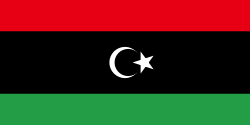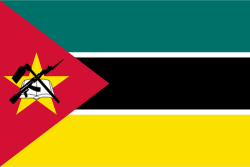Back
Uncovering The Hidden Histories Of The Hausa People: A Story Of Resilience And Cultural Heritage
Sep 3, 2024
The Hausa are the largest ethnic group in sub- Saharan Africa, with a population of approximately 80 million people. Their language, also called Hausa, is the most widely spoken Afro- Asiatic language in the region, second only to Swahili. The Hausa are primarily centered in the Sahelian and sparse savannah regions of southern Niger and northern Nigeria but have a significant presence in other western, central, and eastern African countries.
These countries include Gabon, Senegal, Gambia, Equatorial Guinea, Togo, Benin, Ivory Coast, Ghana, Burkina Faso, Mali, Algeria, Chad, Sudan, Cameroon, Republic of Congo, and Central African Republic. The Hausa have a rich cultural heritage and have played a significant role in shaping the history of West Africa.
Historical Significance
During the second half of the last millennium, the Hausa founded powerful Islamic empires that were renowned for their wealth and cultural advancements. These empires had a profound influence on Europe' s emergence from the Dark Ages. The principal cultural centers of the Hausa are Katsina, Sokoto, and Timbuktu, which were major hubs of trade, learning, and Islamic scholarship.
Economic Activities
The Hausa have a long tradition of trade, dating back centuries when they controlled the trans- Saharan trade with North Africa. Today, they are primarily traders, pastoralists, and farmers. Their expertise in trade and commerce has enabled them to thrive in various economic activities.
0Shares
0Comments
0Favorites
0Likes



































































































No content at this moment.